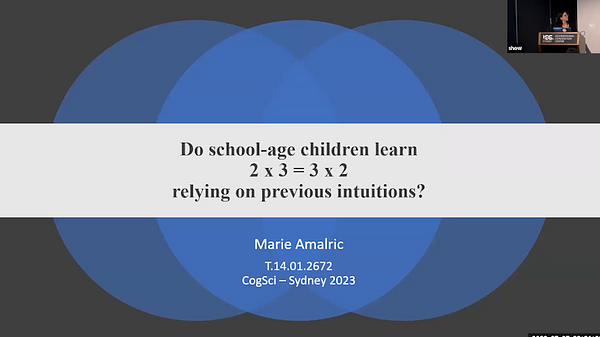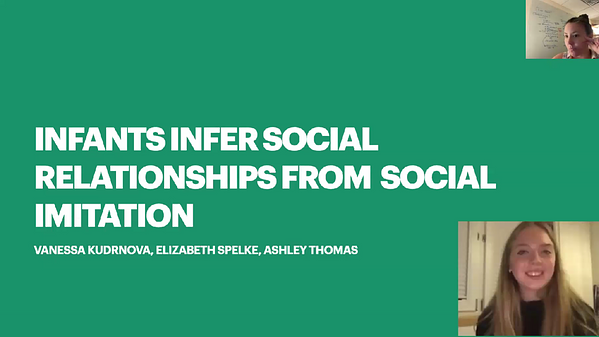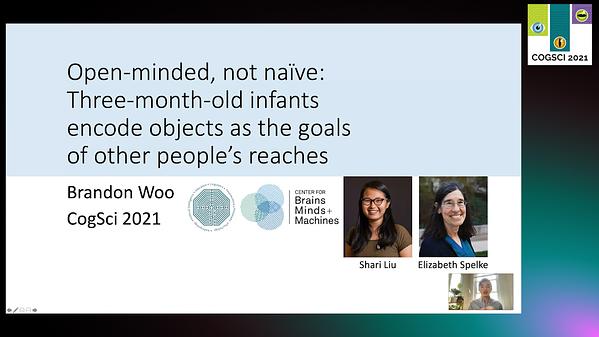7
presentations
45
number of views
SHORT BIO
Elizabeth Spelke is the Marshall L. Berkman Professor of Psychology and an investigator at Center for Brains, Minds and Machines in Cambridge, MA. She studies the innate cognitive capacities that emerge in human infancy, summarized in her book, What Babies Know (2022), as well as children’s capacities for fast and flexible learning. With cognitive and comparative neuroscientists, she investigates whether the cognitive mechanisms driving young children’s learning are shared by other animals and continue to function in older children and adults. With computational cognitive scientists, she probes the mechanisms that give rise to intelligence. With economists, she leverages findings from the developmental cognitive sciences to create and evaluate interventions to enhance the learning of children worldwide, and she uses findings from field research evaluating the interventions to deepen understanding of how humans learn.
Presentations

AAAI Invited Talk: How Children Learn
Elizabeth Spelke

Do school-age children learn that 2 x 3 = 3 x 2 relying on previous intuitions?
Marie Amalric and 2 other authors

Infants Infer Social Relationships between Individuals who Engage in Imitative Social Interactions
Ashley J Thomas and 2 other authors

Enhancing Preschool Readiness: Evidence from a Home-based Game to Improve 5-year-old Children’s Mastery of Symbolic Numbers and Concepts
Akshita Srinivasan and 3 other authors

Limits to Early Mental State Reasoning: Fourteen- to 15-Month-Old Infants Appreciate Whether Others Can See Objects, But Not Others’ Experiences of Objects
Brandon Woo and 1 other author

Who Needs More Help? Sixteen-Month-Old Infants Prefer to Look at and Reach for Helpers who Help with Harder Tasks
Brandon Woo and 3 other authors

Open-Minded, Not Naïve: Three-Month-Old Infants Encode Objects as the Goals of Other People’s Reaches
Brandon Woo and 2 other authors